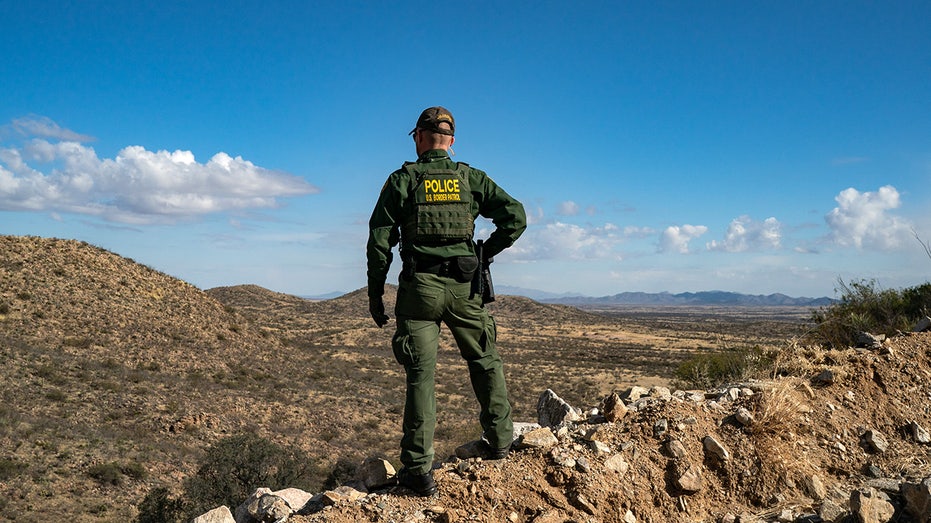Border officials arrested 18 people on the FBI’s terror watchlist in September, making fiscal year 2023 a record year for such encounters at the southern border.
According to Customs and Border Protection (CBP) statistics released Saturday, 169 people on the FBI terror watchlists were encountered between ports of entry at the southern border in the past twelve months, a number that exceeds not only FY 22’s record-setting total (98) but the last six fiscal years combined.
With encounters between ports at the northern border included, the total for FY 23 was 172.
The encounters between ports of entry are eclipsed by those who are encountered at the ports themselves. Overall, there were 564 encounters at ports, just slightly higher than FY 19, when there were 538.
HIGH MIGRANT NUMBERS BREAK MULTIPLE RECORDS IN NEW BLOW TO BIDEN BORDER STRATEGY
The watchlist, now officially called the Terrorist Screening Dataset, is the U.S. database that contains information on terrorist identities and includes not only known or suspected terrorists, but also affiliates of watchlisted individuals.
“Encounters of watchlisted individuals at our borders are very uncommon, underscoring the critical work CBP Agents and Officers carry out every day on the frontlines,” the agency states on its website. “DHS works tirelessly to secure our borders through a combination of highly trained personnel, ground and aerial monitoring systems, and robust intelligence and information sharing networks.”
The numbers come as part of a record number of migrant encounters at the southern border, which even eclipse last year’s enormous totals. September itself marked a record month for the border.
Meanwhile, Republicans have expressed concern about the risk of foreign national terrorists getting in through an overwhelmed border past Border Patrol agents — particularly in the wake of the Hamas terrorist attack against Israel.
“We must take the situation in Israel as a grim reminder of the threats that Americans could face if we don’t remain vigilant and ignore the threats we face at home,” a group of House Republicans wrote to DHS Secretary Alejandro Mayorkas this week.
The Department of Homeland Security’s threat assessment, published last month, noted that agents have encountered a growing number on the watch list and warned that “terrorists and criminal actors may exploit the elevated flow and increasingly complex security environment to enter the United States.”
HAWLEY PUSHES MAYORKAS ON ENCOUNTERS OF ‘SPECIAL INTEREST ALIENS’ INTO US AMID TERROR FEARS
“Individuals with terrorism connections are interested in using established travel routes and permissive environments to facilitate access to the United States,” the assessment also said.
Fox News reported last week that thousands of “special interest aliens” from numerous countries, including the Middle East, have been arrested by Border Patrol agents while attempting to cross the U.S.’ southern border illegally over the last two years. “Special interest aliens” are people from countries identified by the U.S. government as having conditions that promote or protect terrorism or potentially pose some sort of national security threat to the U.S.
DHS has also said in the last week that the agency is “closely monitoring unfolding events and will continue to engage in information sharing with our intelligence and law enforcement partners at home and abroad.”
“This information sharing helps ensure that we are positioned to help mitigate any risks to national security or public safety,” a spokesperson said. “Our multilayered border security efforts include various screening and vetting processes that work to detect and prevent individuals who pose national security or public safety risks from entering the United States.”
























